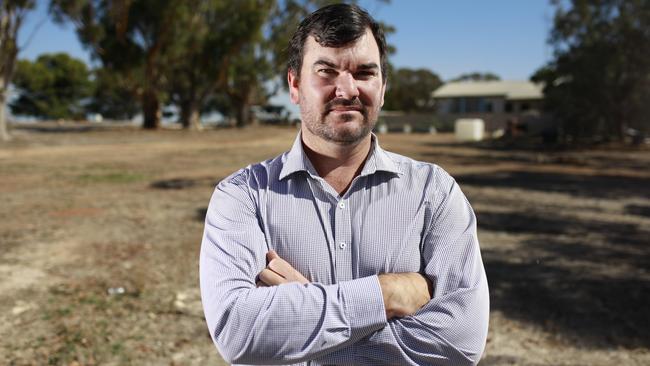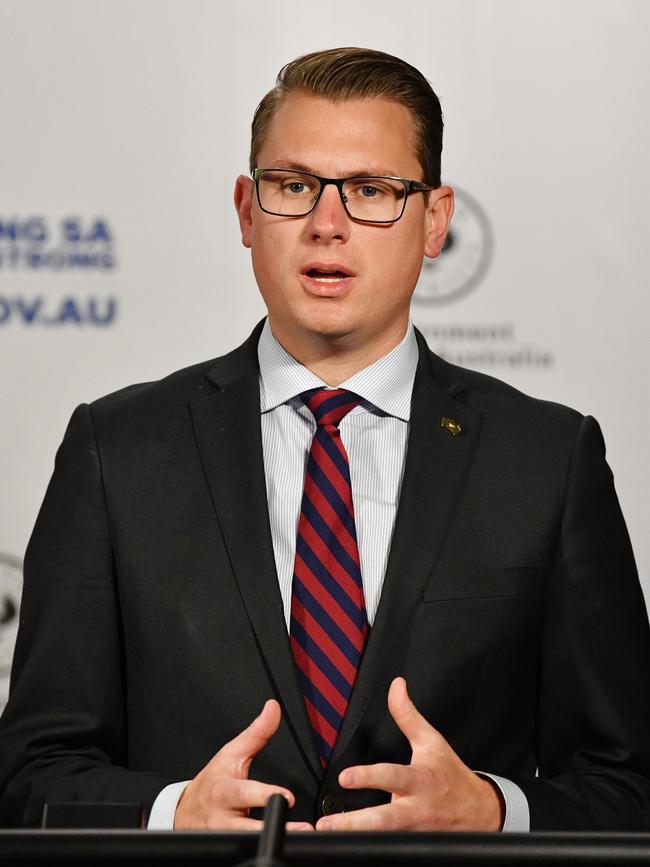Councils back new code of conduct but complain rate capping will hurt most
The local government lobby says SA’s councils will back new rules to weed out bad behaviour but have again demanded a cap on rates be dumped from sweeping reforms of their sector.

SA News
Don't miss out on the headlines from SA News. Followed categories will be added to My News.
Councils will embrace a new code of conduct for misbehaving elected members and staff but will fight proposed rate capping measures, the Local Government Association says.
A new discussion paper shows the biggest overhaul of councils in decades has broad support from the sector.
However, LGA president Sam Telfer said State Government measures to introduce rate capping would cost more than they are worth.

He said the LGA would work with the government to try to avoid rate capping. If that did not work, its focus would shift to the opposition and crossbench MPs who helped to vote down the government’s previous attempt at rate capping.
Mr Telfer said reform of the rules around bad behaviour of a handful of elected representatives and staff had taken a number of years. “At the moment the system doesn’t actually achieve much, with people who have had a proven real case of misconduct getting just a slap on the wrist,” he said
“And people are having frivolous vexatious claims against them, which cause resources to be sucked up and wasted.
“With the few that get headlines it is a frustration at times, but we just have to recognise that it is a part of what we do because we are a very visible level of government.”
Misbehaving councillors would be sin-binned for up to three months as part of the government’s bid to reform councils.
Mr Telfer credited Local Government Minister Stephan Knoll for “actually looking seriously” at reforms.
However, he stressed rate capping would not work.
Under Mr Knoll’s proposal, a rate-monitoring system would be introduced. It would require all councils to receive, consider and publish independent advice on proposed changes to their general rate revenue each year from a “designated authority”.
MORE NEWS
Shepherd: US-style arms race makes SA’s cops weaker
Ex-Mayor takes reins at council
Mapped: SA’s best camping spots
If the designated authority was of the view that a council had not responded appropriately to its advice, it may report this to the Minister, who could then consider making recommendations or a direction to the council.
Mr Telfer said the rate-monitoring system would create “an extra level of bureaucracy” that would costs some councils tens of thousands of dollars that would otherwise be spent in the community.
Mr Knoll said the “extremely modest cost” would provide more transparency and oversight to justify council rate increases, potentially saving millions of dollars each year. He was happy to work with the LGA to refine the system and keep rate increases to a minimum.
